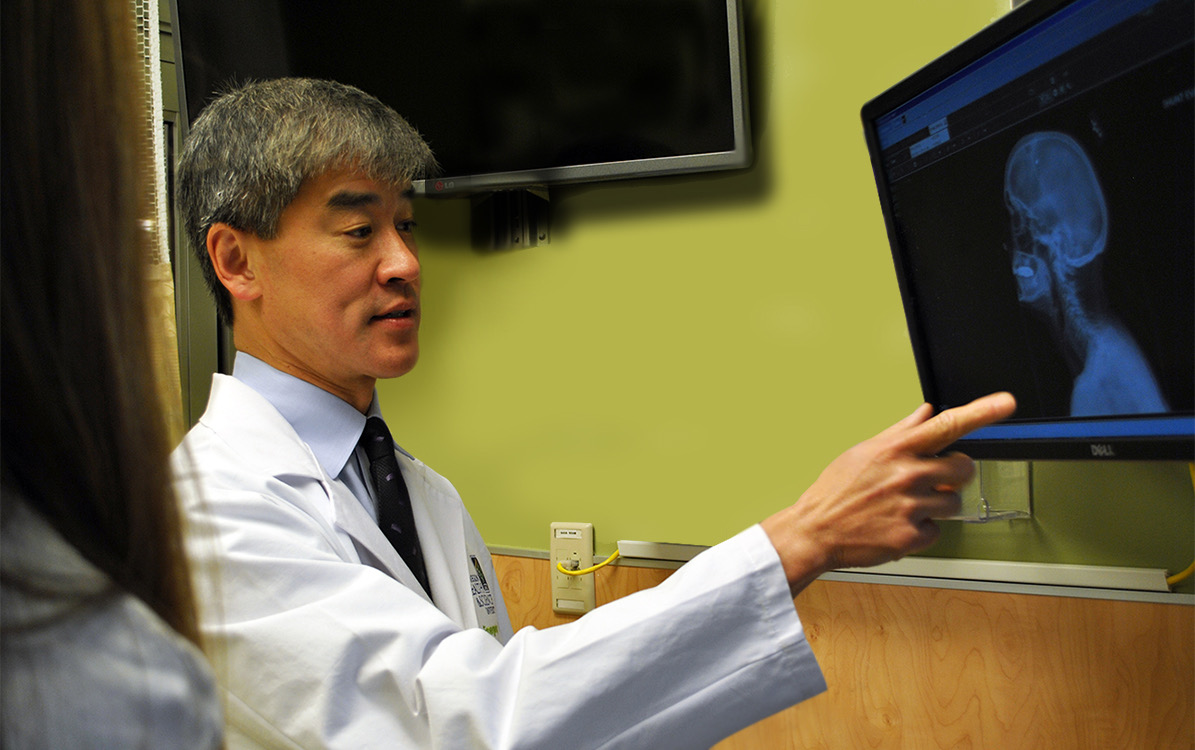Many students in high school and undergraduate college aspire to be doctors. For better or worse, however, only a small number of aspiring students will ultimately be accepted to and pass medical school. If you’re considering a career as a doctor, you’ll need to put in a lot of preparation.
Fortunately, renowned doctor John Ma has some great tips for aspiring students. Follow the advice below and you’ll put yourself in a better position to not only get into medical school but to excel in your medical studies and your later career as a practitioner. Let’s take a look at what Dr. Ma has to say.
Get an Intense Early College or High School Job
If you’re still in high school or just started college, it’s smart to get a high-intensity job, like being a waiter at a busy restaurant. This way, you’ll get a feel for how you handle high-stress and busy environments. As a doctor, you’ll often work on your feet and may have to make vital decisions in chaotic environments.
Waiting tables may not seem to have a lot in common with medicine. But in practice, managing your stress levels and keeping a clear head with a lot of different things going on is important for both doctors and waiters. Later in college, you might be busy studying for the MCAT and may not be able to hold down a regular job. But during your first few summers, a high-intensity job could help you earn both cash and an ability to work on your feet.
Of course, you may find that stressful environments aren’t your thing. Within medicine, some jobs are more stressful than others. Dr. Ma spent much of his career working in emergency rooms, which is as stressful as it can get. Lives will be in your hands, and you’ll be juggling a lot of things at once. Other fields aren’t so intense. Dermatology, for example, is still high stakes and high stress, but often not as stressful as practicing in an emergency room.
Volunteer at a Hospital
Another way to get hands-on experience and to immerse yourself in the medical field is to volunteer at a hospital. You won’t be providing healthcare, of course, as that requires training and certification. However, you can provide support for various administrative functions, easing the strain on practitioners and patients alike.
Importantly, you’ll also get to observe medical practice in practice. You’ll get a feel for the environment practitioners work in and you’ll start to develop a grasp of how hospitals function. You may even make some important connections that could pay off later in your career.
“It’s hard to beat real-world experience, and the volunteers in hospitals can make a big difference when it comes to patient outcomes and reducing stress on staff members,” Dr. John Ma says. “If you do volunteer, I just want to say thanks on behalf of all the practitioners and staffers out there.”
Start Studying for the MCAT Early
Hands-on experience is vital, but when it comes to medical school, book smarts are also paramount. If you want to get accepted into medical school, you’ll have to get a high score on the Medical College Admissions Test (MCAT). Your score on the MCAT may make or break whether you get accepted into med school.
The MCAT is an especially grueling exam, taking over 7 hours to complete. The test will test your scores in natural, behavioral, and social sciences. It’ll also test you on your problem-solving abilities and critical thinking. You’ll need to excel at all of these topics to succeed in medical school.
It’s smart to start studying for the MCAT in your first year of undergraduate studies. Fortunately, you can find practice exams and study courses. Some are hosted in person, others can be taken online.
“Practice makes perfect,” Dr. Ma says. “Exam day is going to be extremely stressful, but if you’ve already gone through practice exams, it’ll help reduce the stress and the risk of getting overwhelmed.
Many students put off studying the MCAT until their junior or senior year of undergrad. However, this is a mistake as it’ll force you to cram, and will add more stress to what’s likely an already stressful undergraduate experience.
Take Your Studies Seriously
The MCAT is important, but so too is your GPA. As you get further into your undergraduate degree, you may find that the classwork is getting more difficult. You may also have less time for volunteering and working.
Dr. O John Ma recommends taking your studies seriously from the get-go. And that means studying hard before class even starts. It’s smart to look through syllabuses and to start reading through coursebooks before the first day of class. This way, you can get off to a fast start and reduce the risk of getting overwhelmed later on.
This is a Contributor Post. Opinions expressed here are opinions of the Contributor. Influencive does not endorse or review brands mentioned; does not and cannot investigate relationships with brands, products, and people mentioned and is up to the Contributor to disclose. Contributors, amongst other accounts and articles may be professional fee-based.

